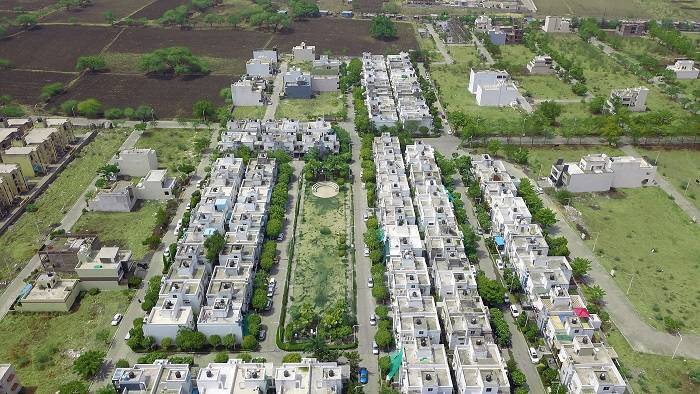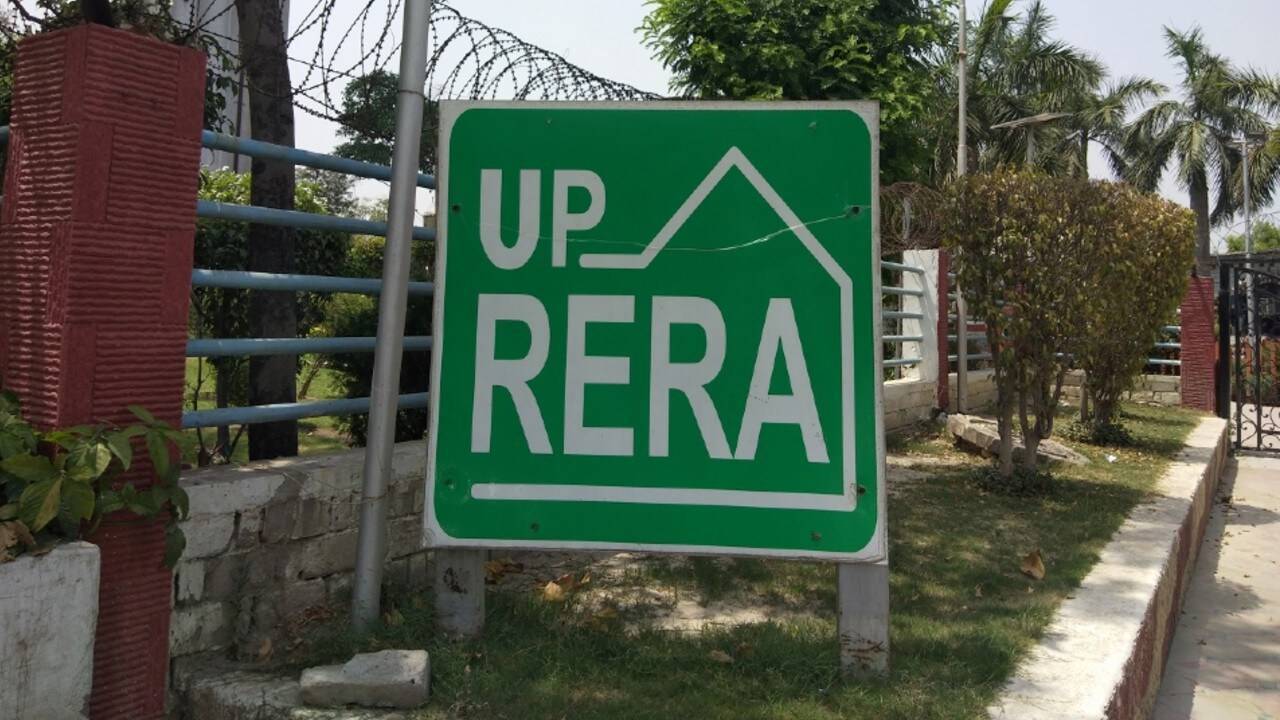The Tamil Nadu Real Estate Regulatory Authority (TNRERA) has introduced a new set of advertising guidelines that aim to bring greater clarity and accountability to the way real estate projects are marketed in the state. In a move designed to prevent misinformation and protect homebuyers, the Authority has prohibited the use of ambiguous disclaimers such as “terms and conditions apply” and banned references to travel time from landmarks to project sites.
The order, issued requires all developers and promoters to follow a uniform disclosure format in their advertisements, both in print and digital formats. One of the key mandates is the compulsory inclusion of the project’s TNRERA registration number and a QR code linked to the official Form-C. These details must be prominently displayed on the top-right corner of any advertisement, using font sizes no smaller than 12 points. This rule applies across all media—newspapers, magazines, brochures, hoardings, websites, and social media platforms.
Along with registration details, the advertisement must carry the developer’s name, office address, and contact information, as well as the exact project location. This requirement intends to prevent developers from making vague location references or selectively highlighting better-known nearby areas. If a landmark is mentioned, the ad must only specify the physical distance from it, using the most commonly used route. Travel time, however, is no longer allowed to be part of the advertisement narrative, as it is highly dependent on changing traffic conditions and may mislead prospective buyers.
The guidelines are applicable to all types of advertising materials, including brochures, leaflets, flyers, and digital creatives. TNRERA has specified that brochures must include the QR code as defined in Form-C, a portion of the Authority’s web address (at least one-fourth), and the RERA registration number in a visible manner. Similarly, hoardings, boards placed on streetlights or road dividers, advertisements on buses, vehicles, and bus shelters are also required to carry these same elements.
Social media promotions are not exempt. Advertisements shared on platforms like Facebook, Instagram, LinkedIn, or Twitter must include the TNRERA registration number and a clickable link to the Authority’s website. This step is part of the broader push to ensure that online and digital channels comply with the same standards as traditional print or outdoor media.
The authority’s action stems from increasing instances of developers using generalised and non-verifiable statements to market their properties. Phrases like “just 10 minutes from the airport” or “terms and conditions apply” are often included in promotional content without context or supporting details. These practices have contributed to buyer confusion and a growing trust deficit between property developers and homebuyers.
By eliminating travel time references and requiring developers to use factual data, the new rules aim to standardize project information and reduce scope for manipulation. Developers will now have to base their marketing claims on approved project documentation and officially sanctioned plans.
Legal professionals familiar with RERA regulations observe that misrepresentation of facts in advertisements can amount to breach of trust. Any gap between what is promoted and what is delivered could expose developers to legal consequences under RERA as well as under consumer protection laws. The inclusion of inaccurate or vague claims in brochures, websites, or hoardings can be treated as misleading information, allowing buyers to seek remedies such as refunds, compensation, or even cancellation of agreements.
This regulatory update is also being seen in the context of growing awareness among homebuyers, who increasingly turn to digital platforms and official websites to verify property credentials. TNRERA’s latest guidelines are likely to reduce information asymmetry in the real estate sector and encourage developers to maintain transparency from the early stages of engagement with buyers.
Developers and advertising agencies operating in Tamil Nadu will now need to realign their marketing content to meet these compliance standards. While it may increase the cost and complexity of preparing promotional material, the emphasis on verified information is expected to improve overall credibility in the marketplace. It also reinforces the role of RERA authorities in ensuring that real estate promotion in India aligns with regulatory objectives and buyer protection goals.









